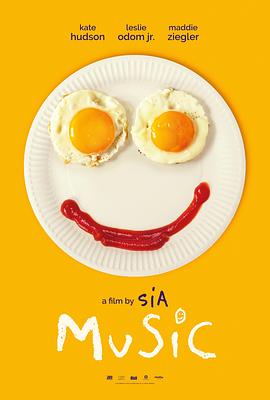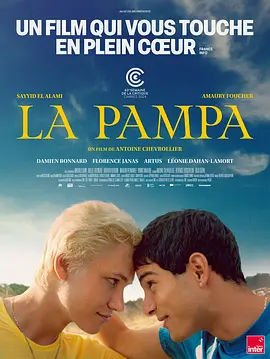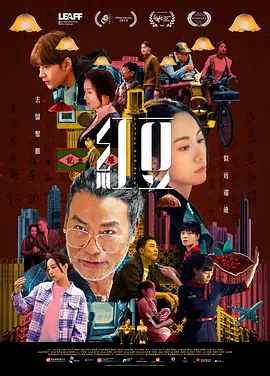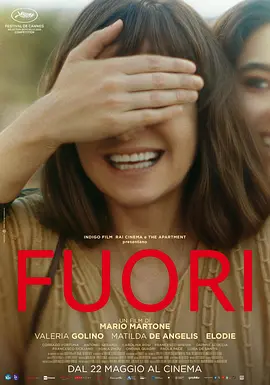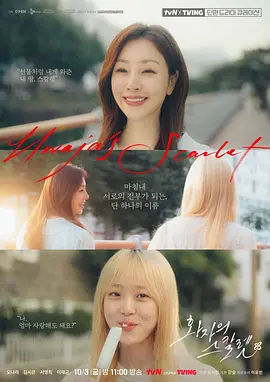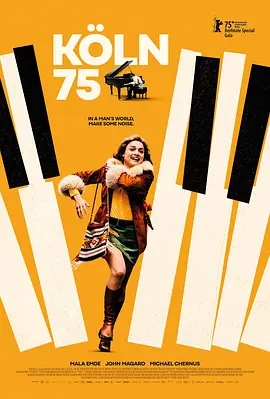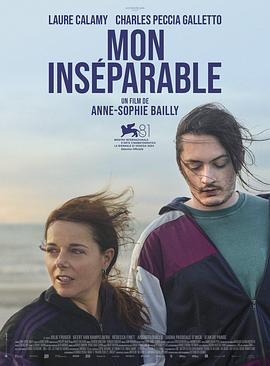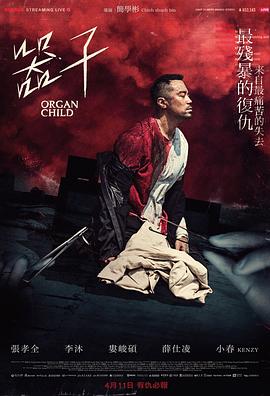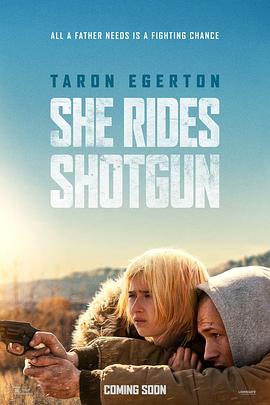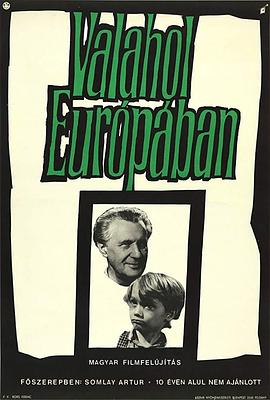
上映:
1948-11-19
备注:
HD中字
豆瓣:
欧洲的某个地方
TAG:
剧情:
Somewhere in the remote region, the war ends. In the midst of ruined cities and houses in the streets, in rural hamlets, everywhere where people still live, are children who have lost their homes and parents. Abandoned, hungry, and in rags, defenseless and humiliated, they wander through the world. Hunger drives them. Little streams of orphans merge into a river which rushes forward and submerges everything in its path. The children do not know any feeling; they know only the world of their enemies. They fight, steal, struggle for a mouthful of food, and violence is merely a means to get it. A gang led by Cahoun finds a refuge in an abandoned castle and encounters an old composer who has voluntarily retired into solitude from a world of hatred, treason, and crime. How can they find a common ground, how can they become mutual friends The castle becomes their hiding place but possibly it will also be their first home which they may organize and must defend. But even for this, the price will be very high. To this simple story, the journalist, writer, poet, scriptwriter, movie director, and film theoretician Béla Balázs applied many years of experience. He and the director Géza Radványi created a work which opened a new postwar chapter in Hungarian film. Surprisingly, this film has not lost any of its impact over the years, especially on a profound philosophical level. That is to say, it is not merely a movie about war; it is not important in what location and in what period of time it takes place. It is a story outside of time about the joyless fate of children who pay dearly for the cruel war games of adults. At the time it was premiered, the movie was enthusiastically received by the critics. The main roles were taken by streetwise boys of a children's group who created their roles improvisationally in close contact with a few professional actors, and in the children's acting their own fresh experience of war's turmoil appears to be reflected. At the same time, their performance fits admirably into the mosaic of a very complex movie language. Balázs's influence revealed itself, above all, in the introductory sequences an air raid on an amusement park, seen in a montage of dramatic situations evoking the last spasms of war, where, undoubtedly, we discern the influence of classical Soviet cinematography. Shooting, the boy's escape, the locomotive's wheels, the shadows of soldiers with submachine guns, the sound of a whistle—the images are linked together in abrupt sequences in which varying shots and expressive sharp sounds are emphasized. A perfectly planned screenplay avoided all elements of sentimentality, time-worn stereotypes of wronged children, romanticism and cheap simplification. The authors succeeded in bridging the perilous dramatic abyss of the metamorphosis of a children's community. Their telling of the story (the scene of pillaging, the assault on the castle, etc) independently introduced some neorealist elements which, at that time, were being propagated in Italy by De Sica, Rossellini, and other film artists. The rebukes of contemporary critics, who called attention to formalism for its own sake have been forgotten. The masterly art of cameraman Barnabás Hegyi gives vitality to the poetic images. His angle shots of the children, his composition of scenes in the castle interior, are a living document of the times, and underline the atmosphere and the characters of the protagonists. The success of the picture was also enhanced by the musical art of composer Dénes Buday who, in tense situations, inserted the theme of the Marseilaise into the movie's structure, as a motive of community unification, as an expression of friendship and the possibility of understanding. Valahol Europaban is the first significant postwar Hungarian film. It originated in a relaxed atmosphere, replete with joy and euphoria, and it includes these elements in order to demonstrate the strength of humanism, tolerance, and friendship. It represents a general condemnation of war anywhere in the world, in any form.
收起
相关影片
2021
剧情片
美国
麦迪·齐格勒 凯特·哈德森 玛丽·凯·普莱斯 小莱斯利·奥多姆 希雅 布莱尔·威廉姆森 埃克托尔·埃利松多 泰格·诺塔洛 莉娜·邓纳姆 王洛勇 本·施瓦茨 朱丽叶特·刘易斯 凯茜·纳基麦 布兰登·司徒 约翰·阿勒斯 安吉莉卡·罗斯 亨利·罗林斯 贝琪·索达罗 帕维什·齐纳 安吉丽娜·卡波佐利 克里斯·西尔科克 泰恩丝泰克莱因 吉莉安·施密茨 辛德拉·车 贝弗莉·波尔辛 茱莉亚 桑福德 Lily Rose Silver Sarah Zinsser Eric Davis Braeden Marcott Bet
大器晚成的澳洲创作型女歌手希雅 (Sia) 曾于2015年在威尼斯电影节上公开了名为“Music”的音乐电影拍摄计划,据悉,希雅个人音乐录影带中的御用舞蹈演员麦迪·齐格勒 (Maddie Ziegle
HD
2024
剧情片
法国 / 美国
HD
2025
剧情片
中国大陆
HD
2024
剧情片
中国台湾
HD
2025
剧情片
中国香港
HD
2025
剧情片
中国大陆
TC
2023
剧情片
韩国
HD
2025
剧情片
意大利 / 法国
HD
2025
剧情片
中国大陆
HD
2025
剧情片
德国 / 波兰 / 比利时
玛拉·昂德 约翰·马加罗 亚历山大·谢尔 乌尔里希·图库尔 耶迪斯·特里贝尔 苏珊·沃尔夫 Shirin Lilly Eissa 玛丽-卢·塞勒姆 Leo Meier 丹尼尔·贝茨 Leon Blohm Vera Brandes 迈克尔·切鲁斯 朱利叶斯·费梅尔 Nils Hohenhövel 克里·约翰逊 Patrick Joswig 尼科莱·金斯基 尤韦·普罗伊斯 于尔根·里斯曼
维拉·布兰德斯的真实故事,这位1970年代科隆音乐场景的青少年守护神,为了组织历史上最伟大的独奏爵士音乐会——基思· 贾勒特传奇性的《科隆音乐会》,不惜冒险牺牲一切。
HD
2024
剧情片
巴西,法国,德国
Fernanda Vianna Mirella Façanha 布鲁纳·林斯迈耶 Kalleb Oliveira 安德列娅·马克 Preta Ferreira Marcos de Andrade Nilcéia Vicente
Cidade;Campo,director:JulianaRojas(Brazil).Production:DezenoveSomeImagen(Brazil),SaraSilveira.Featur
HD
正片
2025
剧情片
中国台湾
正片
2025
剧情片
中国大陆
正片



